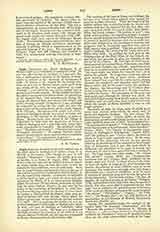

Lucifer (Hebr. helel; Septuagint eosphoros, Vulgate Lucifer) originally denotes the planet Venus, emphasizing its brilliancy. The Vulgate employs the word also for “the light of the morning” (Job, xi,17), “the signs of the zodiac” (Job, xxxviiii, 32), and “the aurora” (Ps., cix, 3). Metaphorically, the word is applied to the King of Babylon (Is., xiv, 12) as preeminent among the princes of his time; to the high priest Simon son of Onias (Ecclus.,1, 6), for his surpassing virtue; to the glory of heaven (Apoc., ii, 28), by reason of its excellency; finally, to Jesus Christ himself (II Petr., i, 19; Apoc., xxii, 16; the “Exultet” of Holy Saturday), the true light of our spiritual life. The Syriac version and the version of Aquila derive the Hebrew noun helel from the verb yal4l, “to lament”; St. Jerome agrees with them (In Is., i, 14; P.L., XXIV, 161), and makes Lucifer the name of the principal fallen angel, who must lament the loss of his original glory bright as the morning star. In Christian tradition this meaning of Lucifer has prevailed; the Fathers maintain that Lucifer is not the proper name of the devil, but denotes only the state from which he has fallen (Petavius, “De Angelis”, III, iii, 4).
A. J. MAAS

